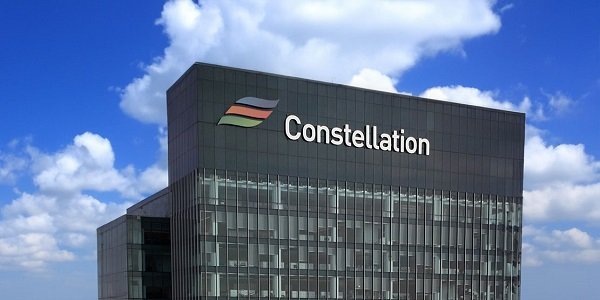In a bold restructuring move, Meta Platforms Inc. has laid off around 600 employees from its artificial intelligence division.
The layoffs, first reported by Axios and Reuters, come as the company realigns its AI strategy under the leadership of Alexandr Wang, who was recently appointed to steer Meta’s push toward superintelligence—the next frontier of AI development.
While news of layoffs might suggest cutbacks, insiders and company communications paint a different picture.
Rather than a retreat, this restructuring signals a strategic recalibration—an attempt to build smaller, more agile, and “talent-dense” teams capable of moving faster in the race for AI dominance.
Why Meta Is Restructuring Its AI Teams
In an internal memo, Wang described the AI division as “bloated,” citing overlapping functions and slow decision-making processes.
He emphasized the need to remove redundancies and empower high-performing teams that can “move with clarity and speed.”
This restructuring affects teams across AI research, infrastructure, and product integration.
The company’s older units—such as Facebook AI Research (FAIR)—are reportedly most impacted, while newer teams focused on Meta’s Superintelligence Labs remain intact and continue to hire.
This move aligns with CEO a: to build powerful AI systems that can rival OpenAI and Google DeepMind, while embedding advanced AI tools across Meta’s ecosystem—from Facebook and Instagram to its emerging metaverse products.
The Push Toward Superintelligence
Meta’s pivot toward superintelligence is not just branding—it reflects a broader ambition to lead in next-generation AI models that go beyond text and image generation.
The company is developing systems capable of reasoning, long-term planning, and multimodal understanding, which could redefine AI’s role in social networking, advertising, and virtual experiences.
To reach this goal, Meta is investing heavily in AI infrastructure, including custom silicon, large-scale compute clusters, and data optimization. Streamlining the workforce is, in essence, an operational strategy—reducing complexity to accelerate innovation.
How This Reflects a Larger Tech Industry Trend
Meta’s layoffs echo a broader pattern across Big Tech: efficiency-driven restructuring amid record AI spending. Google, Amazon, and Microsoft have also consolidated teams to eliminate duplication while pouring billions into AI partnerships and model development.
The message is clear—AI competition is no longer about size but speed and precision. In this environment, leaner teams with top-tier expertise can outpace sprawling organizations weighed down by internal bureaucracy.
What It Means for Meta’s Future
For Meta, this reshuffle could yield both opportunities and risks. Opportunities include faster execution, better resource allocation, and improved coordination across AI product lines.
The company could emerge more focused, capable of bringing breakthrough AI models to market faster than its competitors.
However, risks remain. Job cuts may lead to talent loss, morale dips, and short-term disruption in ongoing projects.
In the highly competitive AI talent market, losing key researchers could open doors for rivals to gain ground.
Yet Meta’s continued recruitment in its Superintelligence Labs signals confidence that this restructuring is not about contraction—it’s about evolution.
Conclusion: Leaner Teams for a Smarter Future
Meta’s decision to lay off 600 employees from its AI division marks a pivotal moment in the company’s journey toward superintelligence.
While the move may appear drastic, it underscores a strategic shift from expansion to focus and efficiency—a necessary adjustment in an AI arms race where speed, innovation, and clarity matter more than ever.
As the dust settles, one thing is certain: Meta’s AI reshuffle is not an end—it’s the start of a new, more disciplined phase in its pursuit of the future of intelligence.
2025-10-23 09:50:17

















